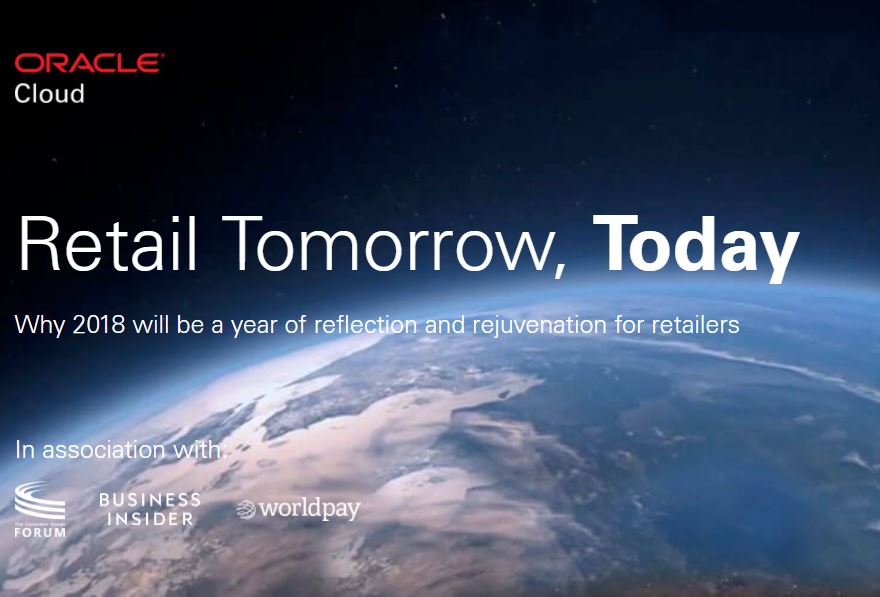We have talked before on our blog about the disruptive force of technology. Innovations are transforming every industry, whether it’s utilities, oil and gas, finance or even sport. While these bring huge opportunities to boost efficiency, transparency and trust, particularly in terms of bringing more openness to dealings between companies and their suppliers, technology is generating huge challenges, too. The retail sector in particular is undergoing radical change; innovation is levelling the playing field, with established companies coming under threat from smaller challengers.
As Director of the End-to-End Value Chain pillar, I’m keen to support key players in the retail and consumer goods sectors manage the digital transformation. I’m confident that retail giants can capitalise on technologies, and to do so, a radical rethink is required. Rather than focussing purely on minimising costs and boosting efficiency, retail leaders need to consider how they can become a truly consumer-oriented brand, transforming into an organisation people can really identify with.
I have recently discussed some of my thoughts in Oracle’s Retail Tomorrow, Today report, which examines the state of play in the retail sector and makes a series of recommendations on how key players can adapt. In this blog post, I want to build on some of these points and share some top tips for retail businesses.
A More Optimistic Attitude Towards Tech
At present, retail leaders tend to focus on managing their operations as a cost-driven economy. This can be extremely difficult given that consumer demand is becoming increasingly difficult to predict where perceived authenticity is holding more and more influence over purchasing decisions. To overcome the problem, they need to adopt a much more optimistic, open approach to emerging technologies. For example, only by embracing artificial intelligence and data analytics can retail businesses successfully address this challenge, identifying existing bottlenecks, recognising their potential to anticipate consumer trends and predicting supply chain deficiencies before they arise.
While getting to grip with these technologies can seem daunting at first, retail leaders will find there are resources available to support. For example, the End-to-End Value Chain Learning Series has been designed to provide corporate executives with easily accessible and understandable lessons on implementing new technologies. It is vital to take advantage of these learning opportunities and attending networking events, where best practices can be shared.
Becoming a Consumer-Oriented Brand
It is not enough to focus entirely on reducing costs in the supply chain – brands need to ensure they are consumer-oriented and relatable to the public. Authenticity is the key word. To achieve this, it is vital that they demonstrate leadership on environmental and social sustainability.
The evidence shows that consumers, especially millennials, expect consumer goods brands to adopt a zero tolerance policy on exploitative labour practices and make every effort to reduce the amount of waste in supply chains. While the recent Sustainable Retail Summit demonstrates that progress is being made, key players in the retail sector need to ensure they have a clear corporate and social responsibility vision, which is easily understandable and resonant for consumers.
What is sometimes overlooked is that technology can help retailers become more consumer-friendly. Take the rise of Augmented Reality, for instance – this has the potential to revolutionise the high street store and make it fit for the digital age. Using their smartphone, consumers could scan a product in store and instantly visualise it in their home. Innovation can also lead to better in-house training for employees, ensuring that all employees completely understand the corporate vision and enabling them to communicate better with customers.
Overall, it’s clear that retail leaders should embrace technology and accept a change in the way they approach supply chain management and their overarching corporate goals. As I mentioned earlier, make sure you check out Oracle’s new report, which contains more of my insights, as well as some other industry perspectives.
Ruediger Hagedorn
Director, End-to-End Value Chain
The Consumer Goods Forum


